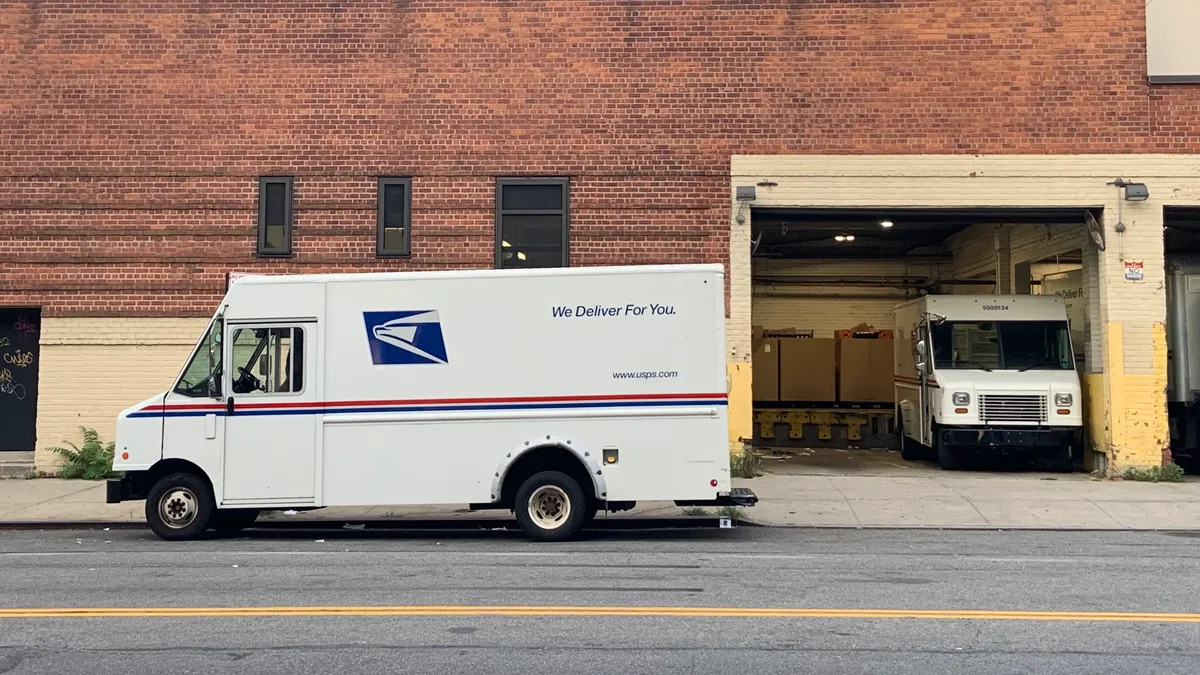Dive Brief:
- The U.S. Supreme Court will take up the appeal of a former U.S. Postal Service worker who alleged that USPS failed to reasonably accommodate his request not to work on Sundays due to his religious beliefs (Groff v. DeJoy, No. 22-174 (U.S. Jan. 13, 2023)).
- The employee petitioned the court for a writ of certiorari in August after the 3rd U.S. Circuit Court of Appeals held in favor of USPS. The 3rd Circuit said that the employee’s request to be exempt from Sunday work would cause undue hardship as his absences “made timely delivery more difficult, and carriers had to deliver more mail” on such days. USPS instead offered to find carriers who could swap shifts with the employee, but it could not consistently do so.
- In the petition, the employee asked the high court to address two questions: whether an employer may demonstrate “undue hardship” under Title VII of the Civil Rights Act by showing that a requested accommodation burdens co-workers, and whether the court should revisit its test for refusing Title VII religious accommodations as set forth in the 1977 case Trans World Airlines, Inc. v. Hardison.
Dive Insight:
Whichever way the high court decides to rule in Groff, it has the potential to address an important piece of workplace civil rights law.
Title VII stipulates that its protections apply to all aspects of religious observance, practice and belief, unless an employer can demonstrate that it is unable to reasonably accommodate an observance or practice “without undue hardship on the conduct of the employer’s business.”
In Hardison, the Supreme Court determined that the employer in the case would not need to bear “more than a de minimis cost” in order to accommodate an employee’s request for Saturdays off, as this poses an undue hardship. That precedent is at the center of the dispute in Groff.
According to the U.S. Equal Employment Opportunity Commission, the factors to be considered in order to demonstrate whether a proposed accommodation meets the de minimis test include the cost of the accommodation in relation to the size and operation costs of the employer as well as the number of individuals who will need the accommodation.
In its ruling, the 3rd Circuit held that USPS had met the more-than-de-minimis-cost test because allowing the employee in Groff to be exempted from working on Saturdays “actually imposed on his co-workers, disrupted the workplace and workflow, and diminished employee morale” at the offices in which the employee worked. On one occasion, the employee’s absence resulted in a union grievance being filed, the court said.
Others dispute the 3rd Circuit decision and have challenged SCOTUS to revisit its Hardison decision.
In an amicus brief, former EEOC General Counsel Sharon Fast Gustafson and Rachel Morrison, an attorney advisor to Gustafson during her tenure as general counsel, wrote that the Hardison standard conflicts with Title VII and allows employers to “feel safe to ignore religious accommodation requests because employers can easily demonstrate” that a cost meets the more-than-de-minimis-standard.
Instead, Gustafson and Morrison pointed to the definition of “undue hardship” employed by the Americans with Disabilities Act, which defines an accommodation for people with disabilities as one that would require “significant difficulty or expense.”
In a brief for the respondent in opposition, the Biden administration argued that Groff would be a “poor vehicle” for revisiting the court’s Hardison precedent. It also disputed that the question of whether an employer may demonstrate undue hardship by showing that a requested accommodation burdens an employee’s co-workers warranted the court’s review.













